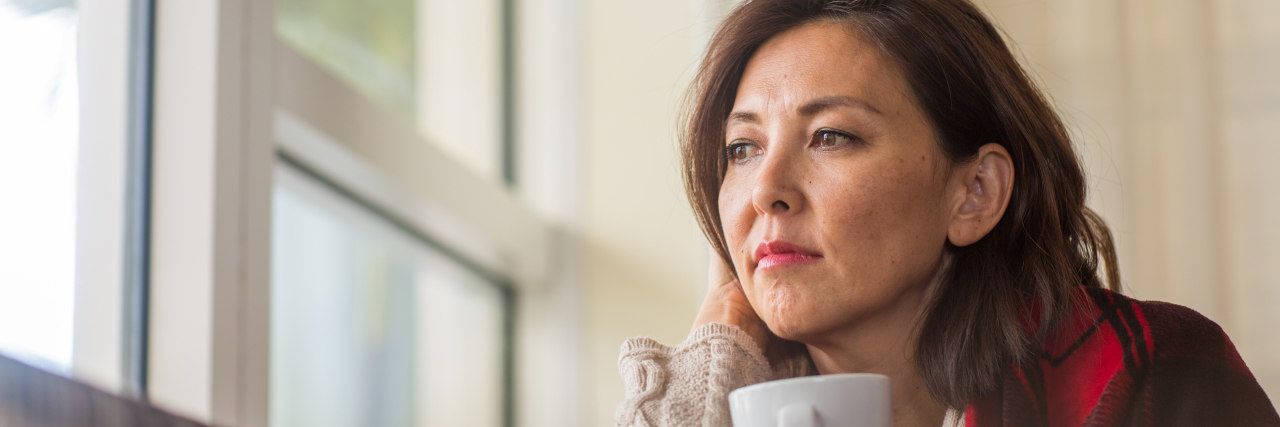You can’t please everyone, especially at the holidays. And people with mental illnesses are sometimes considered rude for not living up to other people’s expectations of holiday behavior: ooh-ing and aah-ing over gifts, participating in holiday parties and festivities, gathering with family. The truth is, all that is hard for some of us to do. Here’s a look at some so-called “rude” behaviors and why we do them.
1. Checking in.
You spend a large part of your day on your computer or phone, texting or playing games or just browsing. What people don’t realize is that sometimes, distraction is necessary to escape the whirling, obsessive thoughts in your head. And sometimes, your phone is your lifeline to people who care about you or to support groups that you need to get through the difficult times.
2. Checking out.
You may leave parties early. You may duck out of family occasions to go to your room or just go for a walk. There are a number of possible reasons for this. Perhaps your meds make you sleepy and you’re unable to enjoy the festivities as long as others do. Maybe the noise and glitz of a party overload your senses. It could be that family conversations are fraught with arguments and confrontations that touch on your issues. Whatever, removing yourself from the situation may be the only way to keep a handle on your emotions.
3. Not participating.
Holidays at work can be an obstacle course of festivities. Ugly sweater competitions. Cubicle decorating. Secret Santas. Cookie exchanges. Potluck parties. All these things take time and money, which you may not have. Or you may be too depressed to slap on a smile and take part. You may not have the energy to send out Christmas or Hanukkah greetings. You may get called a Grinch for this behavior. Social pressure to join in is strong at this time of year.
4. Not drinking.
Actually, the person who insists you drink alcohol is the rude one. Many people are getting more hip to the idea that offering plain soda pop or unspiked punch is the way to be a thoughtful host. Still, there are people who will mock you for not imbibing, calling you a party pooper. But you know how alcohol reacts with your meds. It’s better to just say no.
5. Not showing up.
Maybe you choose not to go to a family gathering or an office party at all. Or you may plan to go – even RSVP – but then on the day of the event, find you can’t even get out of bed, much less prep for a party. Noisy, crowded, people-y events can be overwhelming, especially to those with anxiety disorders. Staying at home with your calming music, comfort food and anything else in your self-care toolkit may be the better plan.
6. Overdoing it.
Picture this: You spend way too much money on blockbuster gifts for your nephews and embarrass their parents, who couldn’t afford such extravagance. Or you’re in a gift exchange at work, limit $20, and you bring a gift obviously worth $50. You may be in the grips of mania, which tells you that you can spend any amount, create elaborate projects or be the life of the party. And when you try too hard, your accomplishments may not live up to your inflated expectations.
7. Talking about your illness.
At family gatherings and in holiday newsletters, people like to share what’s been happening in their lives. This is especially true of New Year’s, when we look back on the past and forward into the future. Unfortunately, these reminiscences are expected to be uniformly positive. You may want to share how much better you feel after a stay in the hospital or a change in your meds, but those kinds of revelations are seldom welcome.
Really, most of the things that people find “rude” are things we do as part of our self-care – avoiding loud environments and triggers, taking “alone time” when we need it, pacing ourselves and not trying to do too much. But self-care is important, even during the holidays – maybe especially during the holidays! I say, make it a priority if you need to!
Getty Images photo via digitalskillet.

